
NO&T Japan Legal Update
On June 16, 2022, the Tokyo District Court held that “Kakaku.com”, the operator of an online restaurant review and search platform, had abused its superior bargaining position and violated the Antimonopoly Act by improperly changing its restaurant rating algorithm.
This article provides an overview of the ruling and discussion of the key factors that led the Court to determine when changes to an algorithm would constitute a violation of the Antimonopoly Act. The case provides a useful guideline for platform business operators contemplating changes to their algorithms.
Please note that the content of this article is based on media coverage, commentary and other public sources since the text of the ruling has not yet been made public.
Kakaku.com operates the online restaurant review and search platform, “Tabelog”, where customers can search for restaurants using various criteria, including location, type of cuisine and price range. In addition , customers are able to register and leave reviews and ratings. Restaurants are also able to register their business on Tabelog for free. For additional fees, restaurants are provided with access to extra tools to enhance their restaurant’s profile and reach a larger audience. Restaurants that pay the certain additional fee are also preferentially placed in user search results. Tabelog is one of Japan’s largest and most well-known online restaurant review and search platforms with approximately 830,000 restaurants listed and a reported 93 million users per month as of June 2022※1.
Hanryu-mura, a chain of BBQ restaurants, filed a lawsuit claiming that Kakaku.com changed the algorithm used to calculate restaurant ratings in May 2019, which resulted in the ratings of Hanryu-mura’s restaurants decreasing.
Hanryu-mura claimed that Kakaku.com secretly altered the algorithm to lower the ratings of chain restaurants to induce the company to pay higher fees to make their restaurants display at a higher position in search results. Hanryu-mura sought an injunction against the use of the changed algorithm and JPY 639 million in damages.
Although the circumstances are yet unclear, it was reported that Kakaku.com disclosed its algorithm to Hanryu-mura as part of the court proceedings. This is an uncommon occurrence as algorithms are generally considered to be highly confidential information and disclosure is usually fiercely contested.
The Tokyo District Court dismissed the plaintiff’s request for injunction against the use of the changed algorithm but awarded the plaintiff JPY 38.4 million in damages after ruling that Kakaku.com’s change to the algorithm constituted the abuse of its superior bargaining position.
Under the Antimonopoly Act in Japan, it is prohibited for a business operator (Party A) to abuse a superior bargaining position relative to another party (Party B) by disadvantageously setting or changing the terms of a transaction or implementing a transaction that impedes fair competition. Unlike the prohibition of abuse of a dominant position in the EU, it is not necessary for Party A to have a dominant market position; rather, it is sufficient for Party A to merely have a relatively superior bargaining position as compared to Party B.
In this case, the Court found that Kakaku.com had a superior bargaining position stating that Hanryu-mura had no choice but to accept even disadvantageous requests from Kakaku.com because it would otherwise face a major problem in the management of its restaurants if the restaurants could not continue to be paid members of Tabelog. This finding may not be so surprising given the important role that Tabelog plays in the restaurant industry in Japan.
One key issue in this case was whether the change to the rating algorithm constituted the disadvantageous “implementation of a transaction” by Kakaku.com. Although restaurants can become paid members of Tabelog, the ratings of each restaurant are not part of the terms and conditions of that paid membership. Tabelog displays the ratings of not only paid members but also free members and even non-member restaurants that have no business relationship with Kakaku.com, and the ratings do not rise or fall depending on whether the restaurant is a paid member or not. Kakaku.com argued that the act of assigning a score to a restaurant did not constitute a “transaction.”
On this issue, the Japan Fair Trade Commission (the “JFTC”) submitted an amicus brief in response to the Court’s request. The amicus brief states that, although the rating on Tabelog is not a part of the contract with paid members or free members, it is a service provided in connection with a transaction and constitutes at least the “implementation of a transaction.” The JFTC gave the following reasons:
However, since the text of the ruling has not been made public, it is not clear on what grounds the Court found that the change to the algorithm constituted the disadvantageous implementation of a transaction.
The other issue in the case was whether the change to the algorithm constituted an impediment to fair competition. The JFTC’s amicus brief stated that the following factors should be considered when determining whether the establishment and operation of the algorithm in question impedes fair competition:
In reaching its decision, the Court may have concluded that the change of the algorithm in question impeded fair competition based on the JFTC’s criteria above.
This ruling is particularly noteworthy in that it shows that an unfair algorithm change could constitute a violation of the Antimonopoly Act, and disclosure of the algorithm may be required as part of court proceedings. Platform operators need to take careful consideration of all the factors set forth by the JFTC when changing their rating algorithm including, the reasonableness of the change, degree of impact on the counterparty, and to what extent the operator will conduct prior consultations. Further information and insight into this case will be available once the text of the ruling is made publicly available. Moreover, both parties have appealed the case to the Tokyo High Court. Close attention should be paid to the further developments to come.
This newsletter is given as general information for reference purposes only and therefore does not constitute our firm’s legal advice. Any opinion stated in this newsletter is a personal view of the author(s) and not our firm’s official view. For any specific matter or legal issue, please do not rely on this newsletter but make sure to consult a legal adviser. We would be delighted to answer your questions, if any.
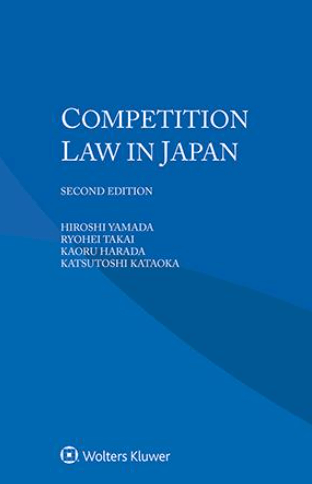

Kluwer Law International (April 2025)
Hiroshi Yamada (Co-author)
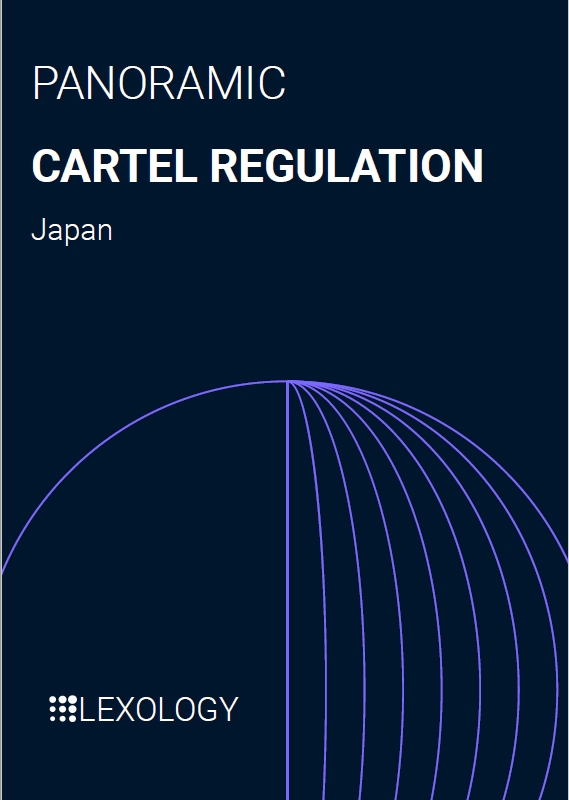

(January 2025)
Kaoru Hattori, Yoshitoshi Imoto, Ryohei Tanaka (Co-author)
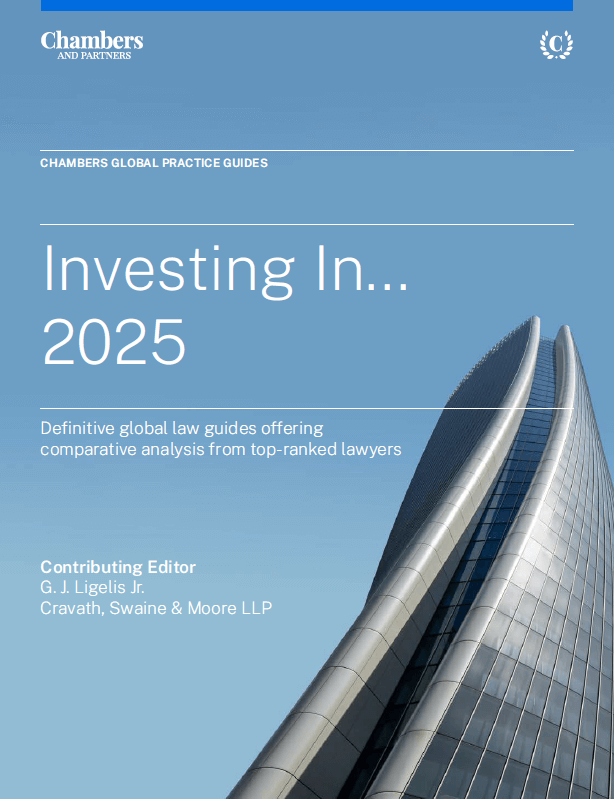

(January 2025)
Shunsuke Minowa, Yothin Intaraprasong, Ponpun Krataykhwan, Nopparak Yangiam, Salin Kongpakpaisarn, Poonyisa Sornchangwat (Co-author)


(December 2024)
Ryohei Tanaka, Tsuyoshi Isshiki, Nobuaki Ito, Haruki Koyama (Co-author)
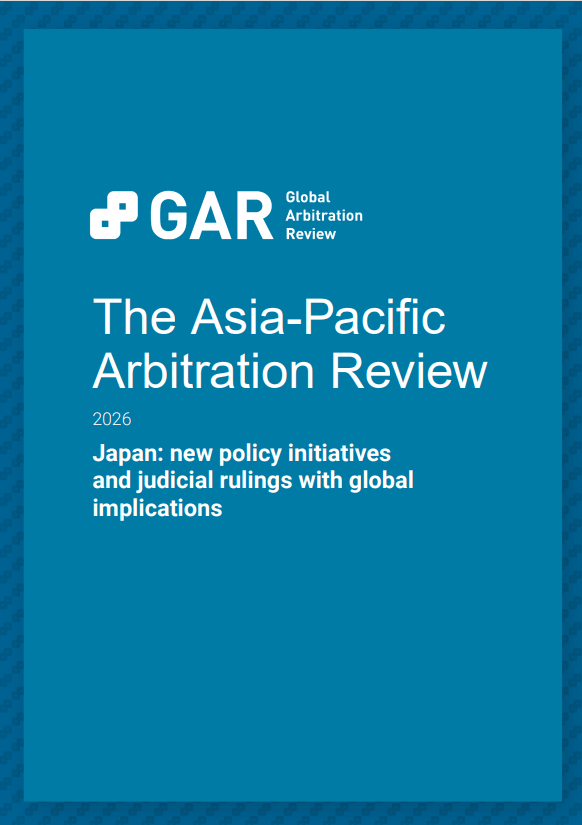

(May 2025)
Yoshimi Ohara, Shota Toda, Annia Hsu (Co-author)


Patricia O. Ko


Hiroki Tajima
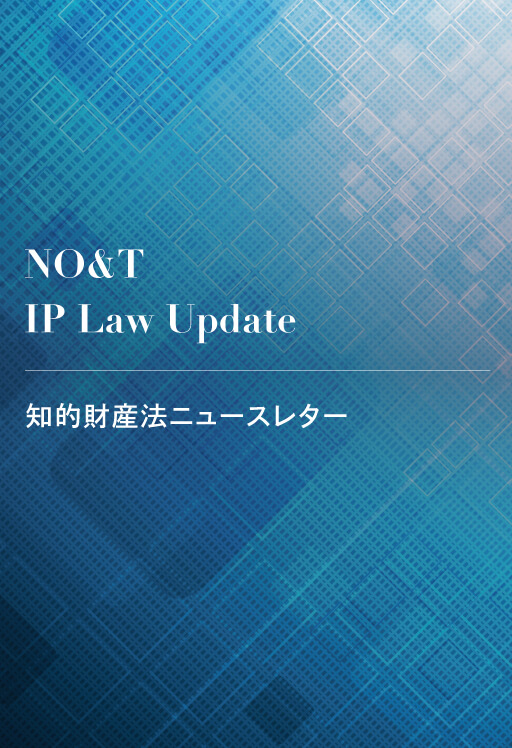

Kenji Tosaki, Takahito Hirayama (Co-author)


Koki Yanagisawa


Nobuaki Ito
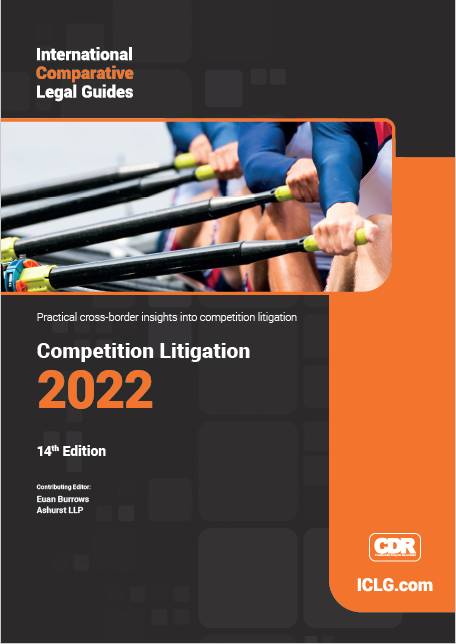

(October 2021)
Koki Yanagisawa


(February 2022)
Koki Yanagisawa


Kluwer Law International (April 2025)
Hiroshi Yamada (Co-author)


Tsuyoshi Isshiki


Masanori Tosu


Ichsan Montang, Anastasia Jessica Maureen (Co-author)


Tsuyoshi Isshiki


(February 2023)
Misaki Sumida


Nobuaki Ito


(September 2022)
Misaki Sumida (Co-author)